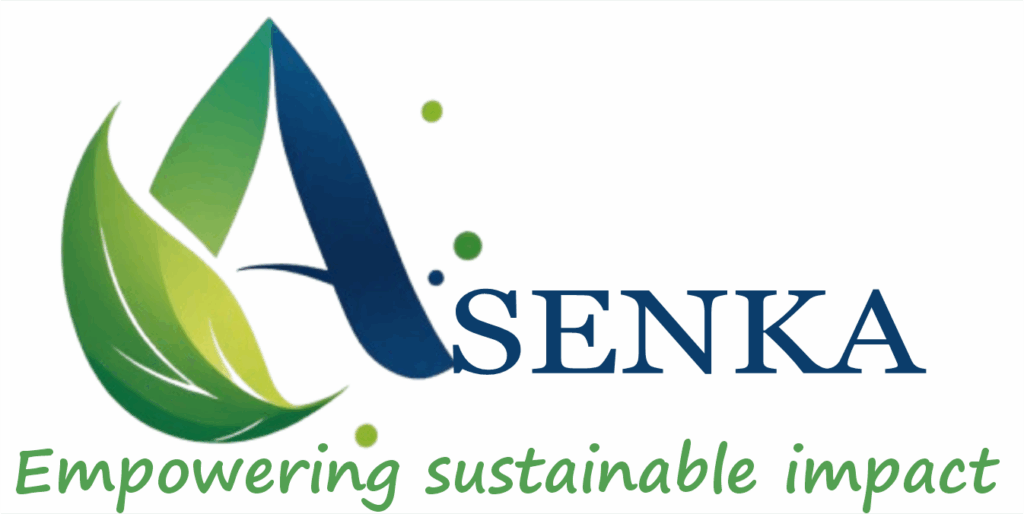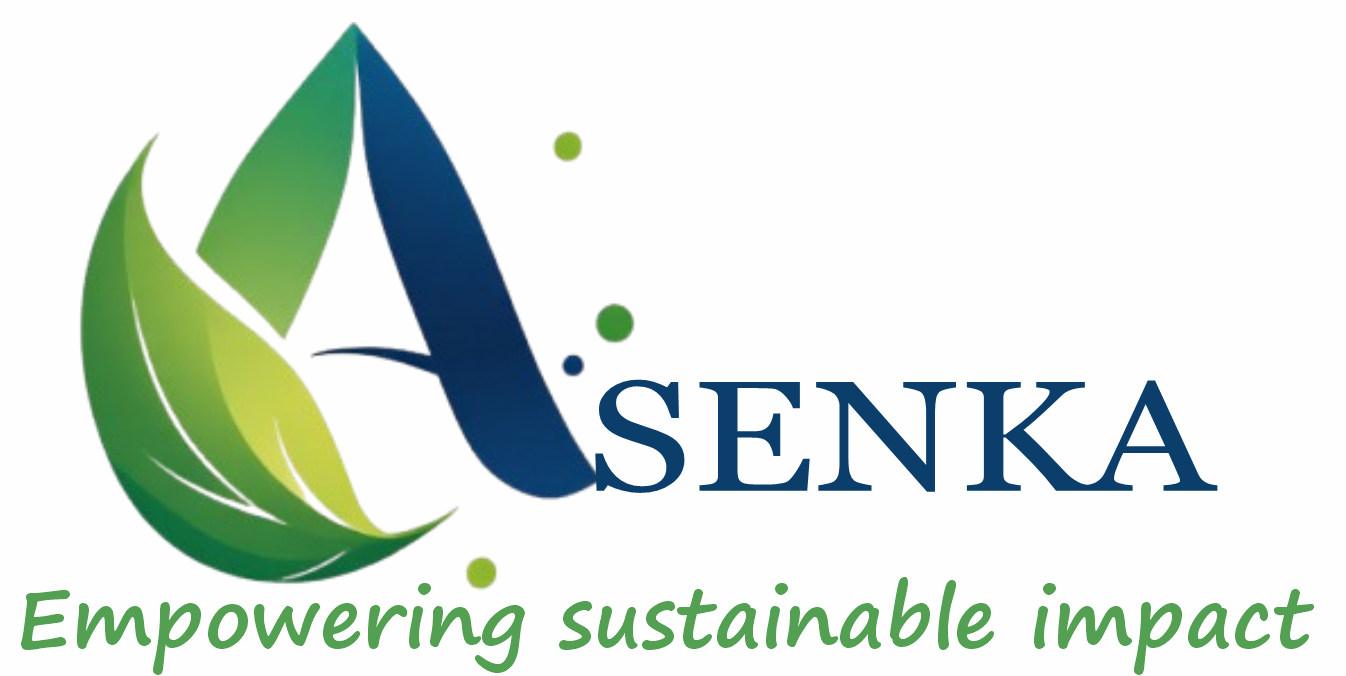In today’s business world, transparency and trust are more important than ever. Customers, investors, and regulators all want to know how companies are making a positive impact on the environment and society. This is where ESG (Environmental, Social, and Governance) reporting comes in. At Asenka Limited, we help organizations understand and communicate their ESG journey in a way that builds trust and opens new doors.
1. What is ESG Reporting?
ESG reporting is simply the process of sharing information about your company’s environmental, social, and governance practices. This can include how much energy you use, how you treat your employees, and how your company is managed. The goal is to show stakeholders—like investors, customers, and the public—what you’re doing to be a responsible business. ESG reports can be short and simple or more detailed, depending on your company’s size and goals.
2. Why Should Your Organization Report on ESG?
There are many reasons why ESG reporting is important. First, it helps build trust. When you are open about your efforts and challenges, people are more likely to believe in your brand. Investors are also paying close attention to ESG reports. Many want to put their money into companies that are thinking about the future and managing risks responsibly. Good ESG reporting can also help you stand out from competitors, attract new customers, and even make it easier to get loans or funding.
3. How to Get Started with ESG Reporting
Getting started with ESG reporting doesn’t have to be complicated. Begin by identifying a few key areas that matter most to your business and stakeholders. For example, you might focus on reducing energy use, supporting local communities, or improving workplace diversity. Collect data on these topics and set simple, realistic goals. Then, share your progress in a clear and honest way—whether it’s through a short report, a page on your website, or regular updates to your team and partners. Remember, it’s okay to admit where you’re still learning or facing challenges. Authenticity goes a long way.
4. The Benefits Go Beyond Compliance
While some companies start ESG reporting to meet regulations, the benefits go much further. Regular reporting helps you spot risks and opportunities early, improve your operations, and make better decisions. It also encourages a culture of accountability and continuous improvement within your organization. Over time, you’ll find that ESG reporting isn’t just about meeting requirements—it’s about building a stronger, more resilient business.
Conclusion
ESG reporting is a powerful tool for building trust, attracting investment, and driving positive change. By sharing your story and progress, you show the world that your organization is committed to making a difference. At Asenka Limited, we’re here to guide you every step of the way, making ESG reporting simple, meaningful, and impactful. Ready to start your ESG reporting journey? Reach out to our team today.


